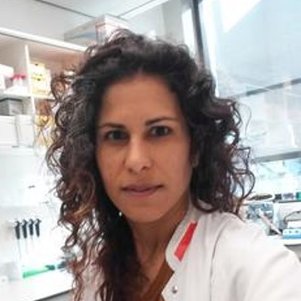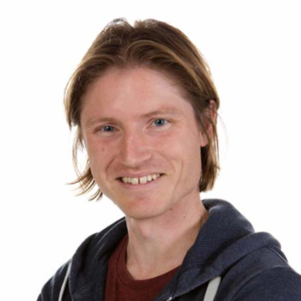Kavli Nanolab Imaging Centre
From diffraction limited, to super resolution; From prolonged stable imaging to lifetime measurements; From single molecules to whole cells- we are here to help you setting up the optimal experiments in minimal time and maximal reproducibility.
Why Optical Microscopy?
Optical microscopy is a useful tool in various research fields. For life science research, it enables selective labelling of specific targets, to track their spatial organization and/or time dependence, in a non-destructive manner. Breaching resolution limits, either in the physics of imaging, sample labelling, or image analysis contribute to the size and accuracy of the information derived.
In the department of Bionanoscience, we explore life at the nanoscale, to unravel the sophisticated mechanisms in which the basic building blocks in cells work together. Towards this, we need to connect information at the resolution of single molecules to their native conditions within cellular or tissue architecture.
The Kavli Imaging centre (KNIC) offers imaging modalities that cover the spatial and temporal resolutions required to answer these questions.
Registration for microscope training
General Rules:
If you are interested in few imaging sessions only, please contact M.Shemesh@tudelft.nl to plan a joint imaging session. This option is also available if you want to test your sample with different microscopes to focus on best modality before starting training.
-
Note that BSc students are not trained on A1R scanning confocal. BSc students can be trained on the Rescan confocal or on the spinning disc confocal.
-
If you have no experience with optical imaging, an additional training session can be added.
-
The practical training duration for the different microscopes:
WF- 2*1h
TIRF- 2*2h
Spinning Disc- 2*2h
Confocal/SIM- 3*2h (confocal) + 1*2h(SIM)
Lifetime- 1*2h -
When the practical training is divided to 2 sessions, one will be focusing on microscope technicalities (imaging a standard sample while modifying varied parameters) and the second will focus on optimizing your own sample.
*For scanning confocal there is an additional session in which you will operate yourself the microscope but using a standard sample. -
For students only: The second training requires the presence of both you and your direct supervisor from the lab to make sure the imaging protocol is optimized
After completing your training sessions successfully, you will be granted access to the microscope room(s) and booking system:
*To book the system you need to have a user account at NIS booking system (link below) and apply for a course.
We highly recommend to take preliminary data set in several conditions and analyse it before diving into experiments! For advice on image analysis and test of data quality and reliability, please contact Michal Shemesh (also see the image analysis tab in this website

Michal Shemesh





